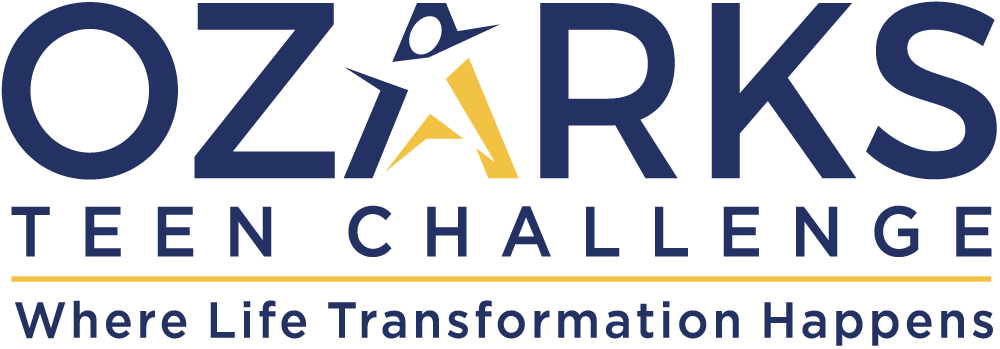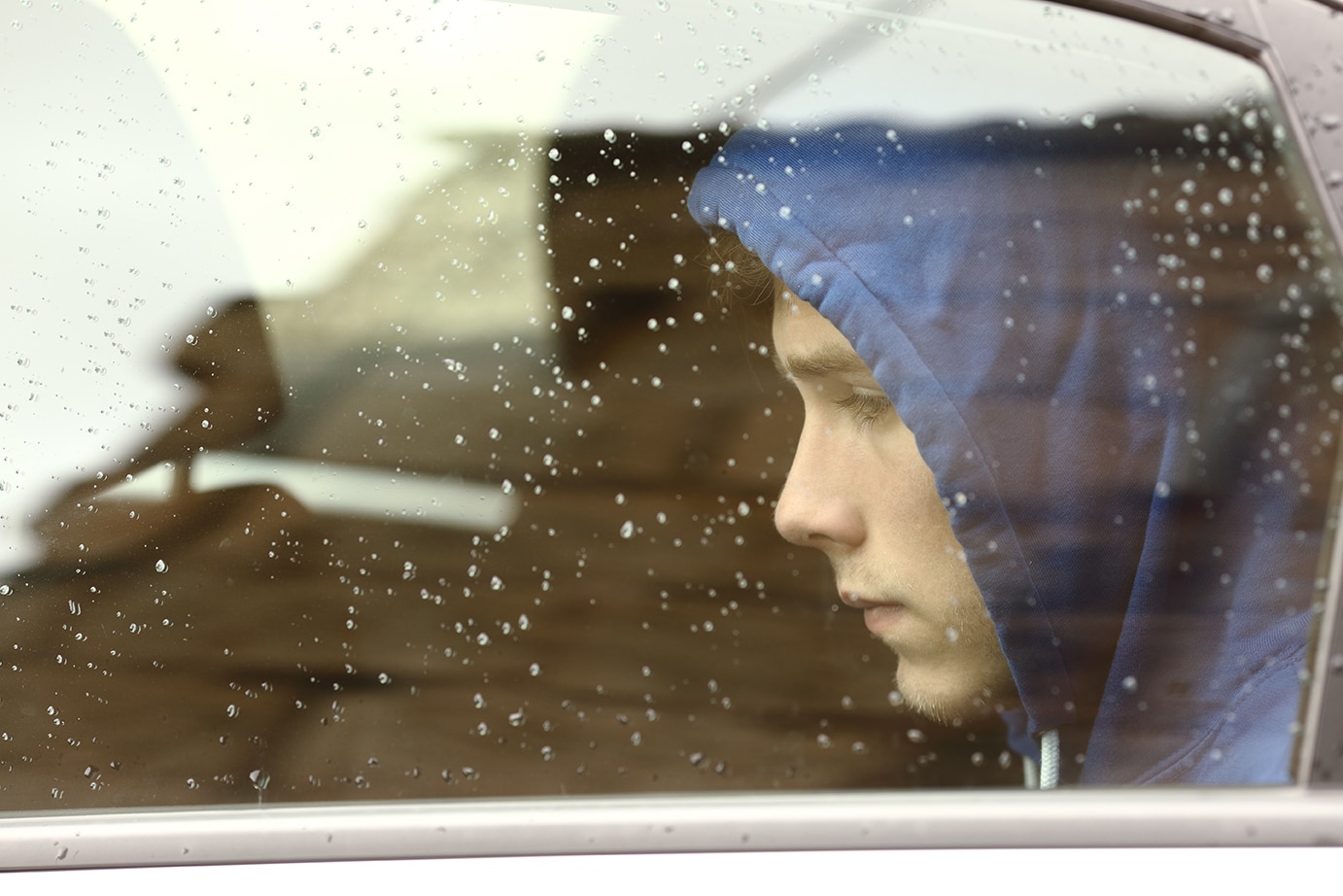Addiction is a thief of joy. Teenagers are sometimes more susceptible to trying drugs and alcohol because of their age, surroundings, and influences. As parents and caregivers, it’s important to keep an eye on some signs that your child may be addicted or on their way to being addicted to substances.
Here are some warning signs, either hidden or visible, that a loved one might have an addiction:
- Do they turn up late for functions or dates?
- Do they have trouble following through on commitments?
- Are they having more problems are school or work?
- Do they appear to be withdrawing from intimate contacts?
- Do they have unexplained absences from their usual schedule?
- Do they have a new group of friends?
- Are they staying up later at night?
- Do they appear surprisingly secretive?
There are big changes that can develop physically, emotionally, and behaviorally in teenagers like:
- Physical Changes
- Pupil size – small or big
- Nosebleeds
- Needle marks on arms, feet, or tongue
- Altered appetite
- Altered sleep patterns
- Injuries or bruises
- Emotional Changes
- Extreme Mood Swings
- Irritability
- Angry Outbursts
- Hyperactivity or Agitation
- Lack of motivation
- Inability to focus
- Careless attitude
- Behavior Changes
- Withdrawn
- Lack of interest in family
- Social Changes like skipping class
- Loss of interest in hobbies, sports, or activities
- Complaints of unusual behavior from teachers, pastors, neighbors
- Clashes of values and beliefs
- Change of close friends
- Missing items from the home, such as valuables or cash
- Running away or missing curfew
For teenagers, specifically, pay attention to your teen if they suddenly lose interest in their favorite thing to do. For example, let’s say they LOVE to cook and all they would talk about was being a chef when they grew up. But lately, you notice they don’t cook anymore and stop talking about cooking as a lifetime goal. That’s a red flag that some major changes are going on and it could be an addiction at the root of things and help bring the reality of even things like sexual addiction to light.
A good tip for parents is to check out your teen’s room. Look for unlikely places for drugs or paraphernalia to be hidden. People get very creative when they are trying to hide abuse or addiction. Check under the bed, high shelves, inside things, etc.
If you see any of the warning signs, pray, pray, pray. Talk with your pastor, counselor, doctors, whoever that can give you some guidance on how to best communicate with your child. It’s best, though, to approach from a place of concern for their safety and well-being.
There’s hope in getting help for your child. They are still loved and cared for. No one is too far gone to turn it all around.
Teen Rehab at Ozarks Teen Challenge
Ozarks Teen Challenge offers teen rehab. Contact us today for more information.




